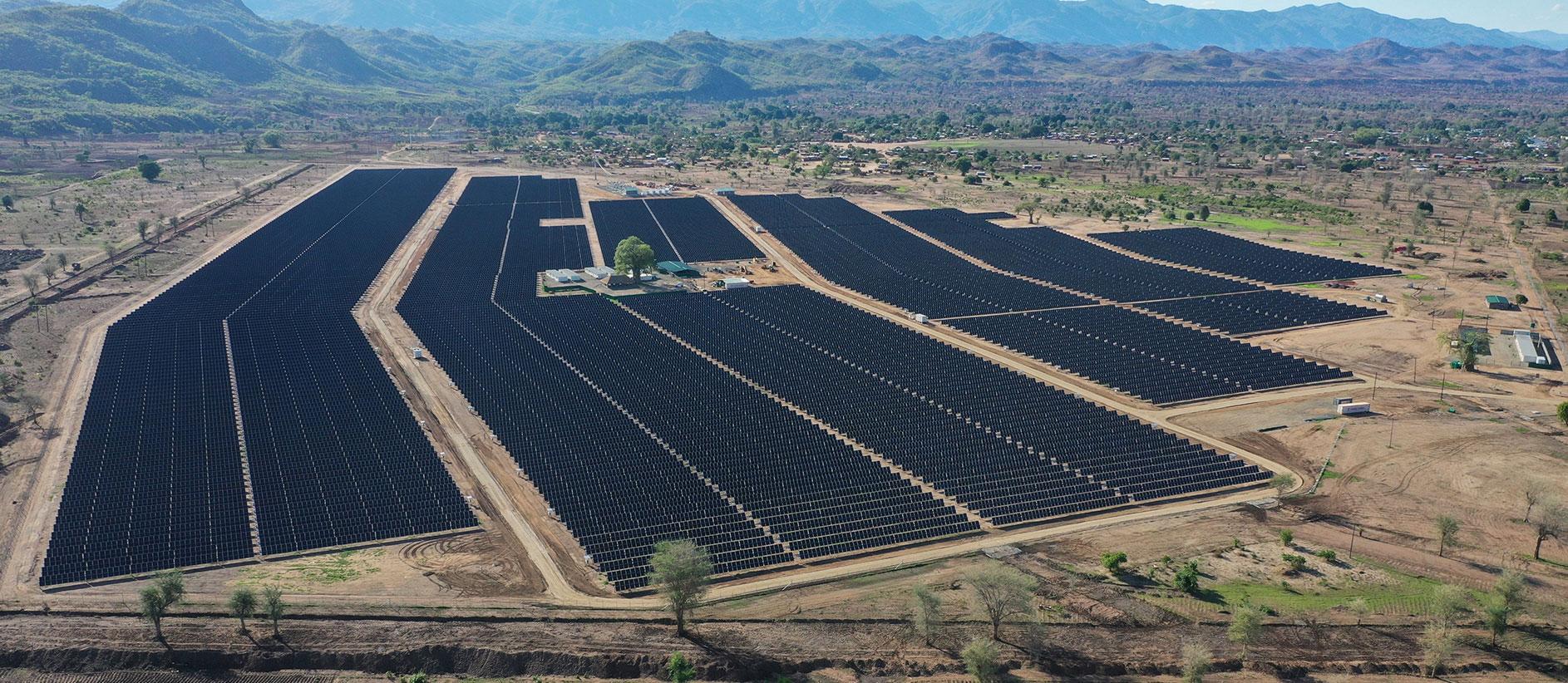Impacts of Existing Policies on Low Emissions Development on Energy Sector in Malawi - European and International Cooperation
Since adopting the Paris Agreement in 2015, Malawi has committed to reducing its greenhouse gas emissions and enhancing adaptation efforts. The country updated its Nationally Determined Contributions (NDCs) in 2021, outlining priority climate actions until 2040. These revised NDCs include strategies to address climate change causes and impacts, aligning with the Paris Agreement's goals. Starting in 2012, Malawi developed various strategic tools like the Nationally Appropriate Mitigation Actions (NAMA) and the National Climate Change Management Policy (NCCMP). These efforts were supported by government ministries, departments, agencies, and non-state actors.
Malawi aims to achieve the United Nations Sustainable Energy for All (SE4ALL) goal, in line with Sustainable Development Goal (SDG) 7, recognizing energy as crucial for social and economic development. The Malawi Growth and Development Strategy (MGDS III) emphasizes energy as essential for the economy, aiming for sustainable energy access. The successor plan, MIP-1 (2021-2030), lacks a clear low emissions development pathway but connects with the NDCs. Malawi has policies and frameworks to support energy sector growth, relying on transparent and accountable investments. The energy sector holds the largest potential for emissions reduction, targeting 85% by 2040. The study highlights the need for a stand-alone Low Emissions Development Strategy, better coordination, capacity building, and enhanced financing to achieve these goalsf The Konrad-Adenauer-Stiftung (KAS), Regional Programme Energy Security and Climate Change in Sub-Saharan Africa (SSA), in collaboration with Strathmore University, announces the 4th edition of the Climate Diplomacy Academy (CDA) conference in Nairobi Kenya. This event aims to equip a total of 80 young and aspiring climate change diplomats, negotiators, and policymakers from 21 countries across SSA with the essential skills and knowledge needed to drive effective climate action through diplomacy and international cooperation.
Image courtesy of Investment Fund for Developing Countries (IFU)



